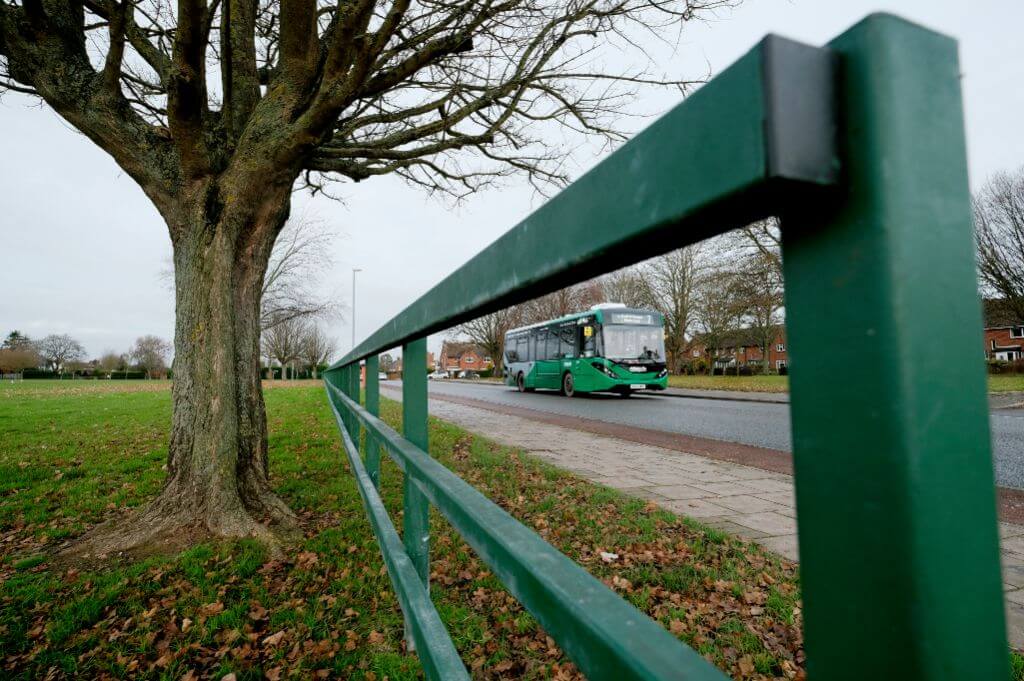
Commercial and Operations Director David Astill gives Peter Jackson an insight into recent developments at NCT and retraces his career path
When people begin their careers in the bus industry, many will have long term goals in mind. Maybe it’s to become driver of the year, to open up an independent operation or to progress through the ranks in engineering. For David Astill, the aim was to secure a senior position with the city bus operator in his home town: Nottingham. Following three decades spent working his way up in various operations, he achieved this ambition a few years ago when he became NCT’s Commercial and Operations Director – a position which he’s very proud to occupy.
“My first job on the buses was 37 years ago this June; that was next door in Trent’s Manvers Street garage when they were still part of the National Bus Company,” he told me. “I took a job there as a junior traffic clerk at the age of 18, working for the National Express division. It was fine, but it made me realise that I needed to get higher qualifications if I wanted to really progress in the industry.
[…]
By subscribing you will benefit from:
- Operator & Supplier Profiles
- Face-to-Face Interviews
- Latest News
- Test Drives and Reviews
- Legal Updates
- Route Focus
- Industry Insider Opinions
- Passenger Perspective
- Vehicle Launches
- and much more!


